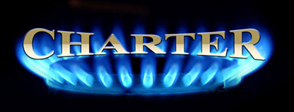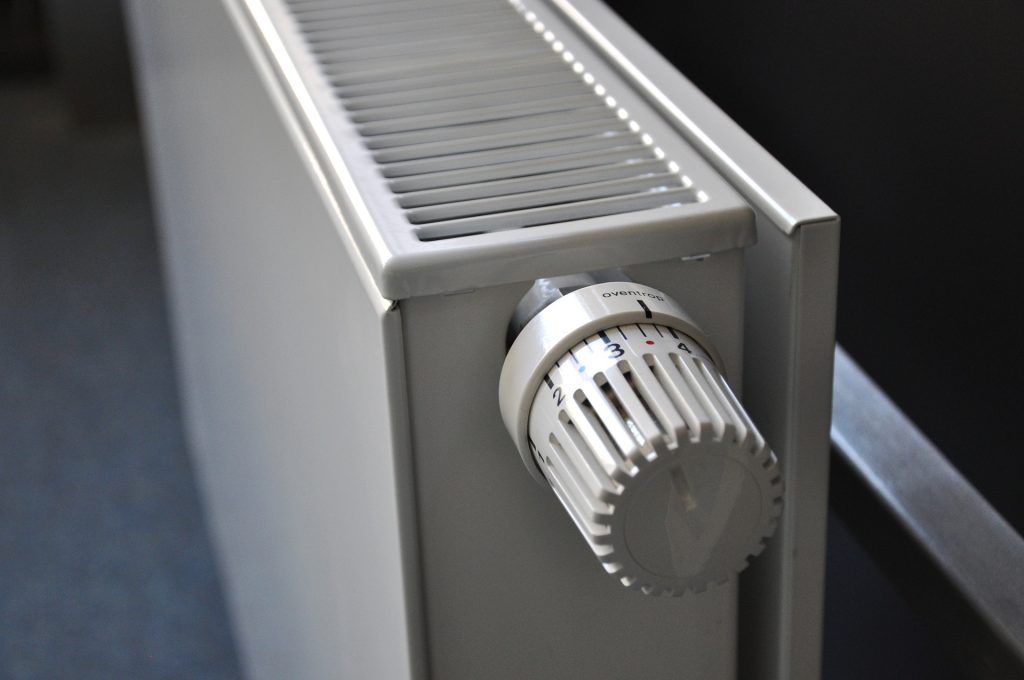The condition and function of your radiators can have a big impact on the warmth of your home, and the efficiency of your central heating system. Radiators can become blocked with sludge and limescale overtime, and this can have a negative impact on performance. As a result, fully working radiators can help to keep your energy bills low, and prevent a loss of energy. But what are the important steps for radiator maintenance for improved performance? And how can you keep your radiators in good working order?
What are the important steps for radiator maintenance for improved performance?
So, to keep your radiators in good working order, what should you do? Well, there a number of things that you could consider, including:
- Bleeding your radiators- bleeding the radiators is a good way to keep your radiators functioning effectively and efficiently. Bleeding a radiator involves releasing any air that may have got trapped at the top of the radiator over time. This air causes heating problems, as instead of the hot water flowing freely around the radiator, the trapped air can cause blockages, preventing the hot water from heating the entire radiator. You will know that this is a problem if your radiators are only warm in sections, or at the bottom but not the top.
- Powerflushing- A power flush is a chemical solution that cleans your central heating system, reducing any rust, dust or debris inside your pipes or radiators. This is very effective as any minor blockages can reduce the efficiency and effectiveness of your central heating system over time. Spring and summer can be good seasons to tackle this, as it means your central heating will have a new lease of life as autumn and winter approach.
For more information or advice about looking after your radiators his summer, get in touch with the team today, here at Charter Heating. We are the leading heating and gas engineers across Watford and the surrounding area.

